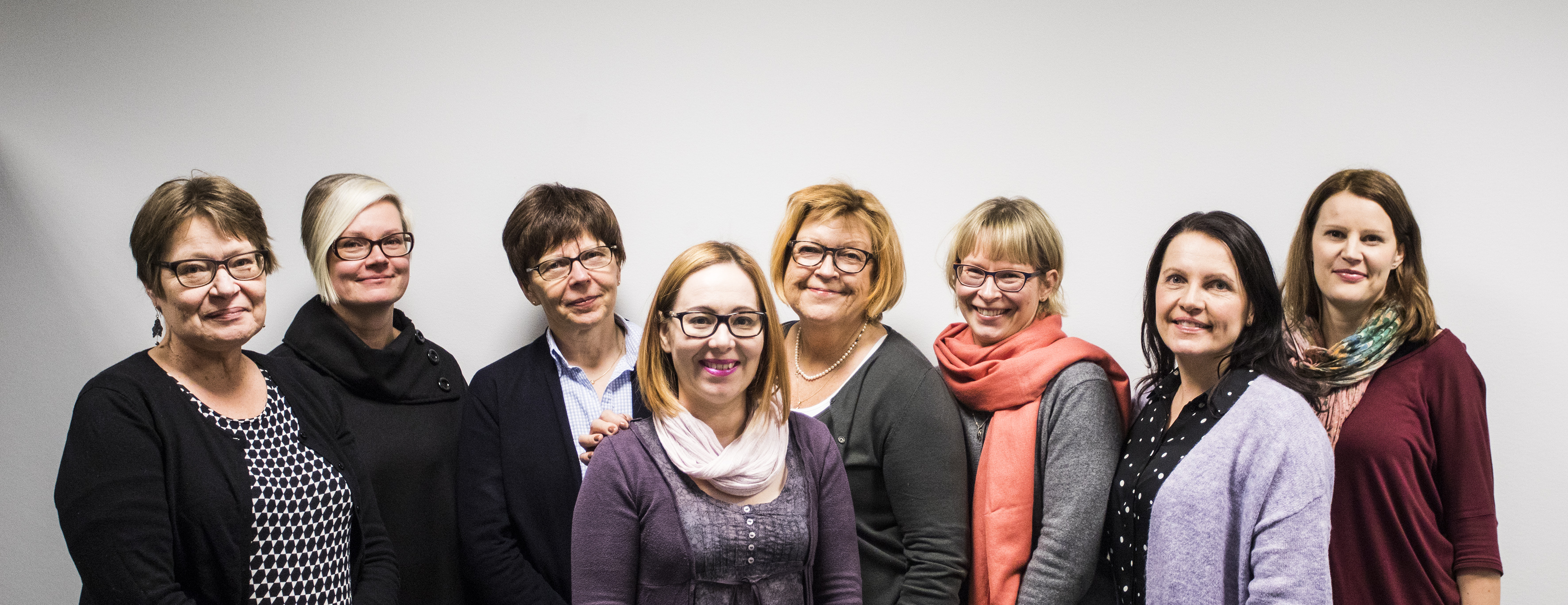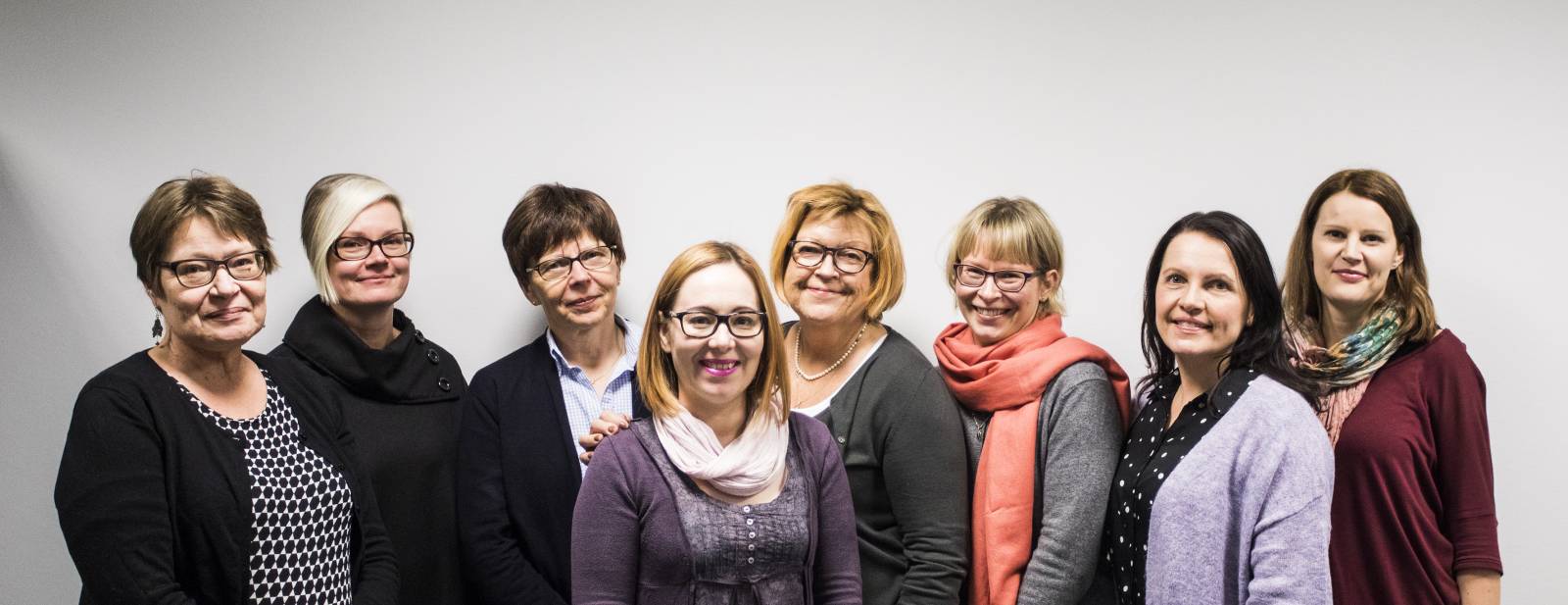Consent and objection in child welfare decision-making: a socio-legal analysis
The project aims to explore the parallel existence and use of voluntary and involuntary care orders in Finland by examining how consent and objection are expressed, acquired and interpreted in child welfare decision-making. As care order in both types means a restriction of child’s and/or a parent’s fundamental and human rights, one may ask on what terms, if any, it is legitimate to consent to such a restriction and to request such consent. These two types of care order are analysed and compared by their features as socio-legal entities, influenced by the institutions of law and social work, and practiced in interaction with children and families.
In more concrete terms the project will analyse, first, the frame set by legislation for consent and objection in care order decision-making; in particular, how consent and objection and related decision-making processes are defined by legislation, what kind of legal controversies, if any, can be found in the relevant legislation; secondly, how are consent and objection negotiated and manifested in the care order decision-making processes in practice and how the opinions of different parties are acquired in institutional communication, and thirdly, as a socio-legal synthesis, what the strengths and shortcomings of the parallel use of two different types of care orders are and how it positions the relations between parents, children and the state, social workers as its representatives in particular. The research design is a mix of legal and social analysis and includes data accordingly (e.g. legislation and relevant legal norms and documents, care order decisions and child welfare case files, interviews with social workers, recorded hearings, self-reports, stakeholders’ views).
The outcome of this research will highlight a form and practice of decision-making that makes the major part of care order decisions in Finland. Yet it has been excluded from the agenda of research. The very existence of ‘voluntary care order’ is rather unknown internationally; therefore the project will contribute to the studies of child welfare decision-making by analysing a social work led decision-making system which rests on the idea of consent and agreement, and the controversies in legitimacy of such decisions.


